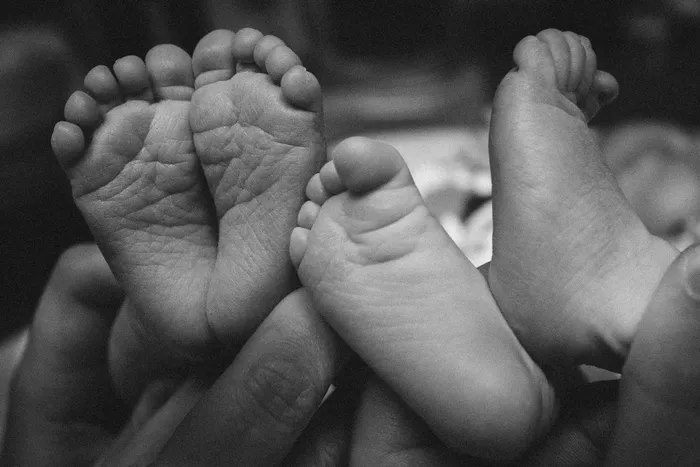Pretoria court approves surrogacy agreement amid concerns over previous Cesarean Sections

A couple who cannot conceive a second child turned to the Gauteng High Court, Pretoria to have a surrogacy agreement with a woman who will carry the child to term, endorsed.
Image: Supplied
THERE is no specific rule or regulation in South Africa guiding or regulating the maximum time a woman can act as a surrogate, nor are there regulations that place a limit on the number of Cesarean sections a woman may undergo, a court said in giving its blessing to a surrogacy agreement.
This is according to a recent judgment issued by the Gauteng High Court, Pretoria, in which a married couple who wanted to use the services of a surrogate mother to carry their second child asked the court for the greenlight.
The issue which raised some concern was that this would be the sixth pregnancy of the surrogate mother. All five babies during her earlier pregnancies were delivered via Cesarean sections.
Judge Brenda Neurkircher had to determine whether a sixth similar pregnancy would put her or the fetus at risk. Two doctors, however, advised that the 30-year-old surrogate mother was in good health and that another pregnancy would not put her or the unborn baby at risk.
Prospective parents who want to conclude a surrogacy agreement with the woman who will be carrying the child to term have to turn to court for its scrutiny for the agreement before it can be declared legal. The court has to ensure that the agreement complies with the Children’s Act.
In this case, the surrogate mother’s first child culminated in a miscarriage at eight weeks, and she subsequently delivered her own three children, each by Cesarean section full term and without complication.
The surrogate mother also previously assisted commissioning parents on two occasions: the first resulted in the birth of twins via Cesarean section in 2022; the second resulted in the birth of a girl in 2023, also via Cesarean section.
She was subsequently examined by a reproductive medicine specialist as well as a gynaecologist. Both stated that she was healthy, that there is no medical reason to indicate that she cannot safely gestate another pregnancy, and that the fact that she has undergone five previous Cesarean section deliveries does not itself preclude her from having further Cesarean deliveries.
Judge Neurkircher noted that Chapter 19 of the Children’s Act is silent on the maximum number of times that a woman may act as a surrogate. “This is an omission in the Children’s Act which a court cannot regulate, as to do so would be to tread on the separation of powers doctrine,” she said.
The judge added that even though the court may have reservations, the medical evidence being of the nature that there is no physical impediment to the surrogate successfully carrying to term another child, and that a Cesarean section holding little risk to her or the child, there is no reason (in this application) to refuse the relief sought.
The prospective parents turned to the court as they want a second child - they have one child together, a daughter who is almost three years old. During her second pregnancy, the woman suffered a ruptured uterus at twenty weeks gestation, and their son passed away.
She subsequently underwent an emergency hysterectomy, leaving one ovary intact. As a result, she is unable to have another child.
But the commissioning parents have five eggs (oocytes) cryopreserved at a fertility clinic, which will be fertilised using the husband’s gametes. The embryos will be used during the artificial fertilisation treatments on the surrogate mother.
During legal argument, it was pointed out that while South Africa did not legally cap the number of times a woman may act as a surrogate, comparative studies have shown that in law this can only happen once in India, and only once in Vietnam. In the latter case, the surrogate must be related to the commissioning parents.
In America, there are no restrictions, but it is recommended the number should be limited to six pregnancies.